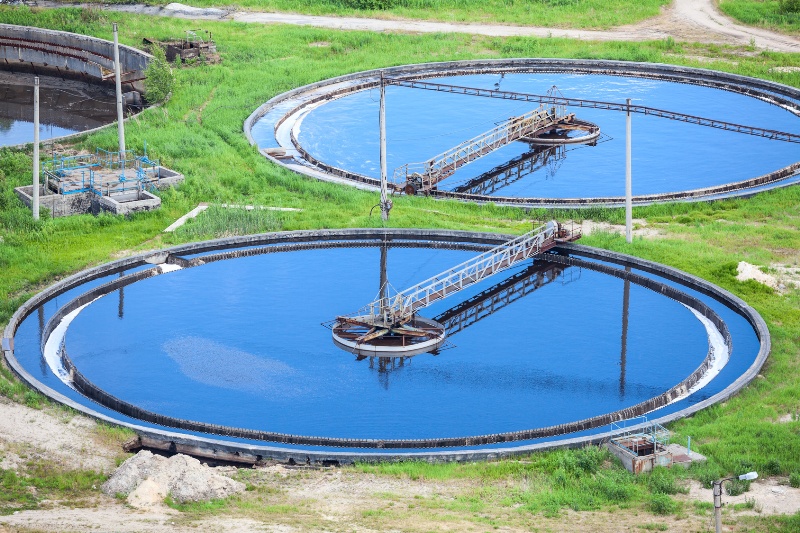Reading notes document « 5 keys to understand European Wastewater Reuse Regulation”

-Only concerns Agricultural reuse for the time being, other applications can be practiced where national regulations are already in place; Concerns only domestic wastewater; It enters into force on the 26th of June 2023 (the previous 3 years were kept for adaptation of existing projects);
2-Class of quality are varying depending on the type of crop irrigated and irrigation method (see Table 1); quality A use without restriction for vegetable consumed raw, quality B and C less restrictive, crops consumed raw but underground and pealed, or above the ground; quality D crops for industry, energy and seed. Quality indicators are BOD, E.Coli, suspended solids and turbidity (see Table 2), and are to be verified when put in operation and further periodically (Table 3). Some deviations are accepted for bacteria and parasites if not more than 10% of the values and 1 log as a maximum for Class A (see Table 4), for physical parameters the same applies, no more than 10% of the records and no more than 100% deviation.
3-Available technology were analyzed in particular to withstand quality A, combining filtration (Micro-filtration, Ultra-filtration) and disinfection (Ozone, Sodium hypochlorite, UV lamps), activated carbon filter can be used for removing some micro-pollutants, for quality B to C disinfection only is required after secondary treatment.
4-Pre-filtration is the best way to protect the MF or UF, in particular when water contains high concentration of organic matter. For class B to C a pre-filtration will improve the efficiency of disinfection, self-cleaning filters are of real interest.
5-Wastewater reuse will be rather accessible around urban areas where plants are and infrastructures are well designed and maintained. In more decentralized projects solutions are different base on membrane technologies after a pre-treatment.
The reuse of wastewater is submitted to a permit delivered by the relevant national authority. All the elements mentioned above shall be summarized in a Water Reuse Risk Management Plan drafted by the reclamation facility operator, other operators or the end-user. Compliance is to be checked periodically by the authority in addition to the routine monitoring.
For more details see: https://eur-lex.europa.eu/eli/reg/2020/741/oj, in particular the executive summary and all detailed legal docs.
Summary by : Bruno Molle
To join the Working group Wastewater Reuse, please send an email to : communication@irrigationeurope.eu